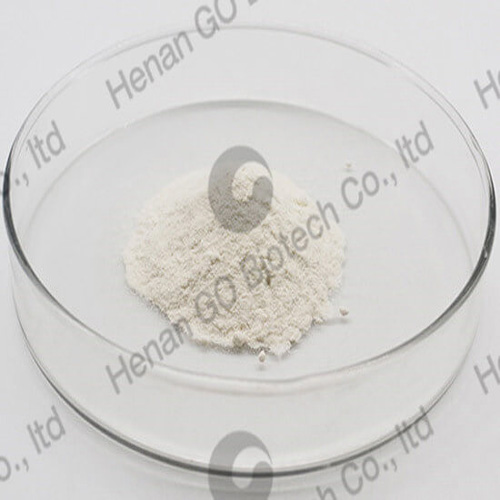The food industry generates a significant amount of wastewater, which poses a challenge for environmental compliance and sustainability. Coagulants play a crucial role in the treatment of this wastewater, aiding in the removal of suspended solids and improving water quality.

Coagulants function by neutralizing the charges on suspended particles, allowing them to agglomerate into larger flocs that can be easily removed from the water. This process is essential in not only meeting regulatory requirements but also promoting a circular economy through water reuse.
Several food processing facilities have successfully implemented coagulant technologies to treat their wastewater. For instance, during the olive oil extraction process, the use of coagulants has led to a considerable reduction in organic pollutants, resulting in cleaner discharge into the environment.

The application of coagulants in the treatment of wastewater generated by the food industry is essential for promoting environmental sustainability. By investing in effective water treatment solutions, companies not only ensure compliance but also contribute to a greener future.

